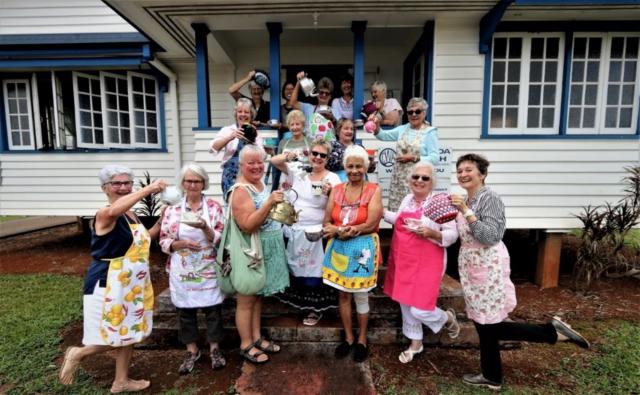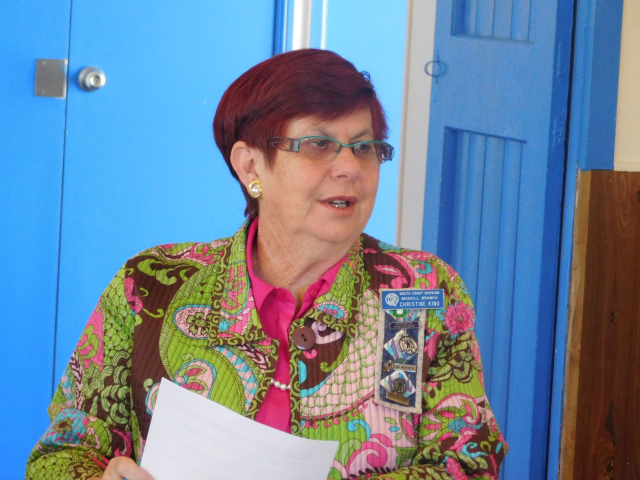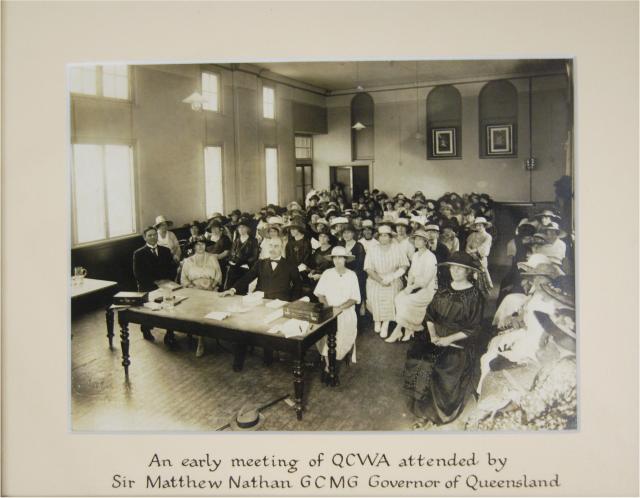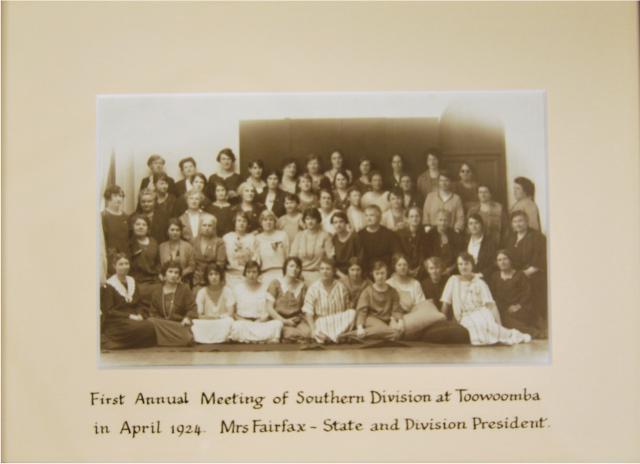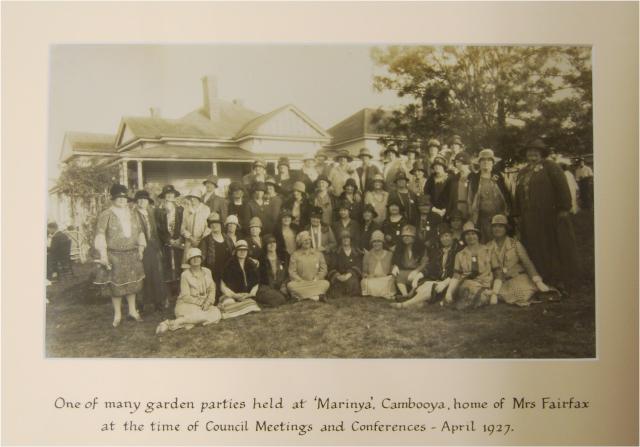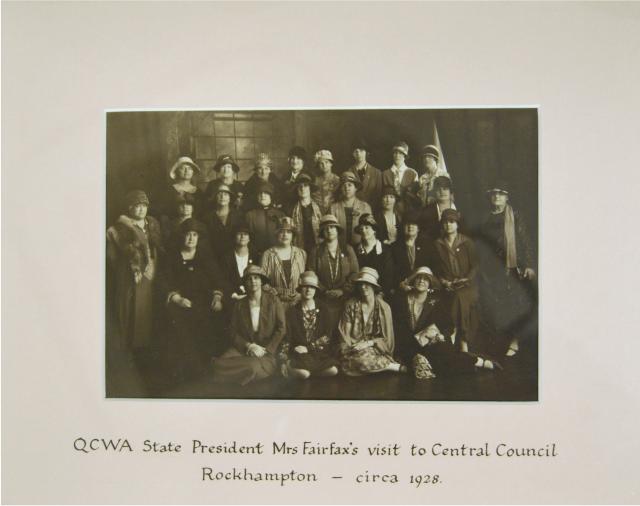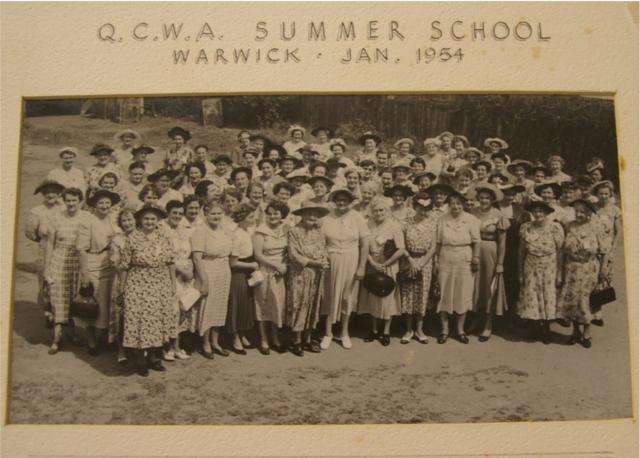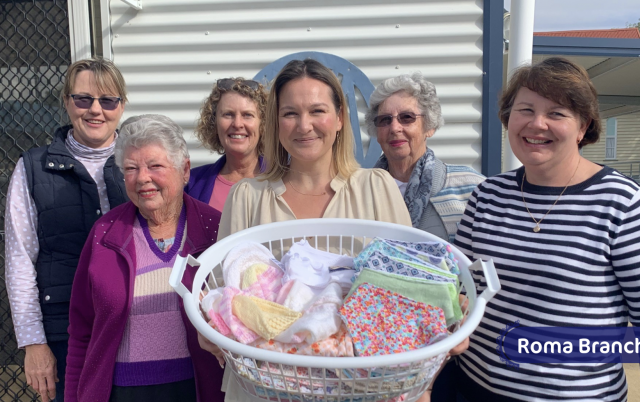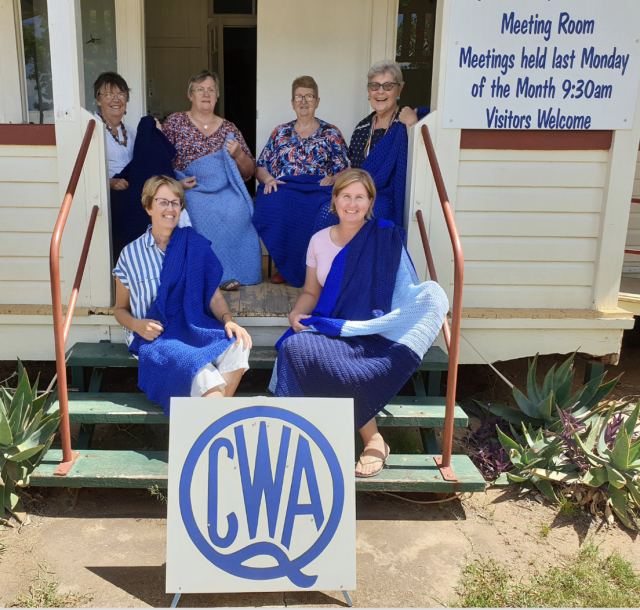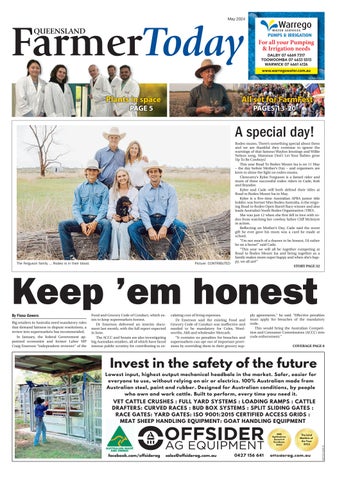Christine King was admittedly ignorant to the strength and resilience of rural women before she joined the Queensland Country Women’s Association (QCWA) 30 years ago.
Brisbane born and bred, Ms King relished the chance to travel to regional conferences, where the remoteness of outback Queensland struck her as much as its empowered occupants.
“Absolutely nothing phases them,” she said. “I arrived at one meeting where we had women coming in from a big area.
“And this woman was a bit late and came bustling in. I said, ‘what happened to you?’ She said, ‘Well, I had to kill a snake in the laundry this morning.
“I’m standing there gobsmacked. You know, it was a King brown.
“Then she said, ‘I got a flat tyre so I had to change the tyre’ and she still arrived looking immaculate.
“I thought, ‘My gosh! We whinge about a traffic jam in Brisbane’.
“And, from that point on, I appreciated those (rural) women so much to put me back into a space where I shouldn’t complain about anything.”
As her youngest child completed year 12 in 1991 – and after years of serving on school committees – Ms King sought to join a community organisation that reflected her interests.
She “rolled up” to join the CWA branch in her neighbouring suburb of Brookfield in 1992 and was later appointed state president for three years from 2018.
Ms King said she was drawn to the association that boasted honest, basic roots, which was established after a meeting in Brisbane in 1922, as Australia emerged from World War I.
“There were some very wonderful women who came together to form the Queensland Country Women’s Association,” she said.
“They were, I think, fairly educated women for their time and all were given immediate CWA membership and told to return to their area and start a branch.
“Women realised they needed to come together to support each other.
“They drew up a constitution and elected the first QCWA president, Ruth Fairfax, and then they identified what their projects would be.
“And, that’s what has always driven the CWA, having meaningful projects.”
Some significant achievements over the years, according to Ms King, have been:
* Huts and cottages were built in Townsville, Redcliffe and Sandgate and offered to regional and remote families so they could experience life off-farm.
* Rest rooms were established in country towns to allow mothers to rest with their children while their husbands completed jobs.
* Mothers’ rest rooms (with bed) were built allowing pregnant women to be closer to medical care while they waited to give birth.
* Student hostels were established to allow regional and remote children to attend school. “There was no School of the Air then so they stayed at the hostels during the week and went home on the weekend,” Ms King said.
* An emergency housekeeping scheme began where women did mothercraft courses to qualify to live on a property and help families in need. The QCWA paid the wages.
*Fundraisers to buy equipment in regional/ remote hospitals.
“We have always been advocates, lobbying the government of the day, as we are a-political,” Ms King said. “In those early days, it was a very different world to what it is now.
“Councils and governments didn’t provide these facilities. And so the CWA women immediately recognised that they needed to have something to offer.
“Those first few years were of huge movement and achievement.”
Reflecting on the past 100 years, Ms King said the QCWA continued to provide support and friendship for rural and urban women of all ages.
And, crucially, to lobby to improve their conditions.
Time has yet to diminish the caring theme that has underpinned the CWA since 1922, Mrs King said, with its current 220 branches choosing to meet in a “space” rather than a hall or theatre.
“We call it a meeting space like they did in the 1920s, where people are welcome in friendship and can network with local ladies and learn new skills or share their skills with others,” she said.
“And, underlining all of that is advocacy, that’s really what CWA is all about.”

